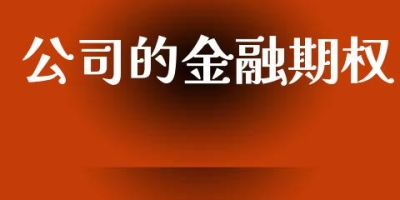期货交易英文

Futures trading, also known as commodity futures trading, is a financial transaction that involves buying or selling contracts for the future delivery of specific commodities or financial instruments at a predetermined price. It is a form of derivative trading where traders speculate on the price movements of the underlying asset without owning the asset itself.
The primary purpose of futures trading is to provide a means for market participants, such as producers, consumers, and investors, to manage their price risks. It allows them to lock in prices in advance, protecting themselves against potential price fluctuations. This is particularly important for industries that heavily rely on commodities, such as agriculture, energy, and metals.
In futures trading, participants enter into a contract known as a futures contract. These contracts specify the quantity, quality, and delivery date of the underlying asset. The price of the contract is determined through open market trading, where buyers and sellers agree on a price based on supply and demand dynamics.
There are two types of participants in futures trading: hedgers and speculators. Hedgers are typically producers or consumers of the underlying asset who use futures contracts to minimize their risk exposure. For example, a farmer may sell futures contracts for their crop to ensure a stable income, while a manufacturer may buy futures contracts to secure the price of raw materials. Speculators, on the other hand, are traders who aim to profit from price fluctuations by buying low and selling high without the intention of taking physical delivery of the asset.
Futures trading is usually conducted on regulated exchanges, such as the Chicago Mercantile Exchange (CME) or the New York Mercantile Exchange (NYMEX). These exchanges provide a centralized marketplace where buyers and sellers can trade futures contracts. The contracts are standardized to ensure transparency and liquidity in the market.
To participate in futures trading, individuals or institutions need to open an account with a registered futures broker. They can then place orders to buy or sell futures contracts through the broker\'s electronic trading platform. Traders can employ various strategies, including technical analysis, fundamental analysis, and spread trading, to make informed trading decisions.
It is important to note that futures trading carries inherent risks, and traders may incur substantial losses if they are unable to accurately predict price movements. Therefore, it is crucial for participants to have a solid understanding of the market, risk management techniques, and to conduct thorough research before engaging in futures trading.
Overall, futures trading provides a platform for market participants to manage their price risks and speculate on price movements without owning the underlying asset. It plays a vital role in global financial markets and is widely used by industries and traders to effectively manage their exposure to price fluctuations.
上一篇
下一篇











